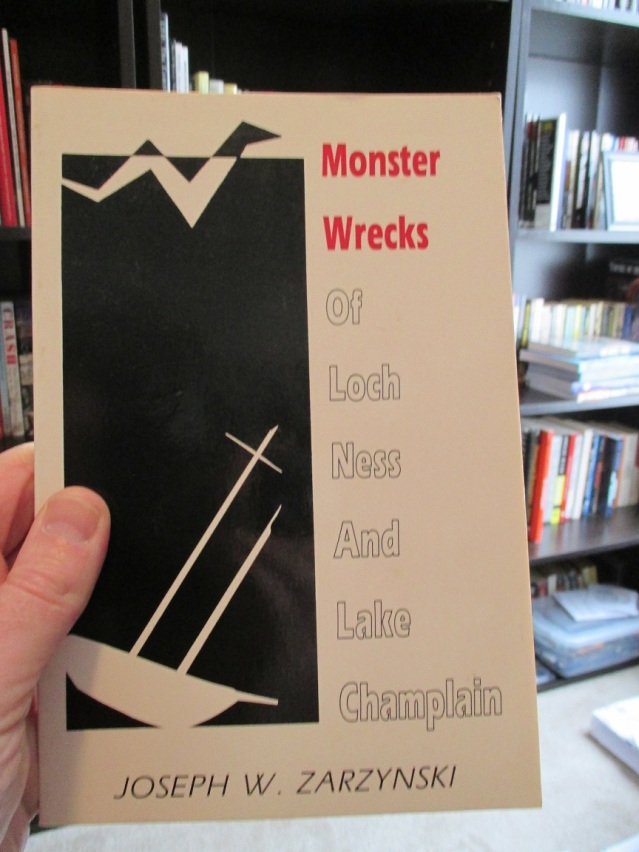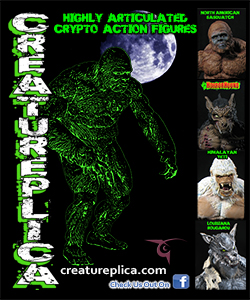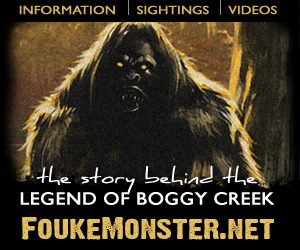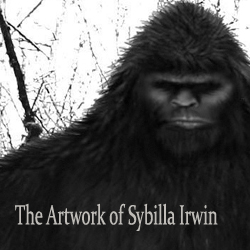The “White Mice” of Loch Ness
Posted by: Nick Redfern on April 17th, 2014

In a new article at his Bizarre Zoology blog, Jay Cooney begins…
“Investigator Dick Raynor recently provided Scott Mardis with photographs taken by the Academy of Applied Science in 1972 which he has sought after for twenty years. These images, which were taken at Loch Ness around the time that the controversial ‘flipper photographs’ were obtained, appear to show some form of small invertebrate.”
As for what that small invertebrate might be, read on (and also check out Joseph W. Zarzynski’s book Monster Wrecks of Loch Ness and Lake Champlain for more information).
About Nick Redfern
Punk music fan, Tennents Super and Carlsberg Special Brew beer fan, horror film fan, chocolate fan, like to wear black clothes, like to stay up late. Work as a writer.










After 42 years, proof of possible invertebrates in Loch Ness. Maybe Adrian Shrine knows what that is or was.
Dick Raynor is one of only three people I consider to be fairly competent researchers in cryptozoology. Thanks for posting about him.
They certainly look and move like fishing lures to me. I’m no expert in lures, but I do have a strong background in invertebrate zoology, particularly aquatic inverts. (I’m one of those scientists people on cryptozoology websites love to berate.) To call the objects in question possible larval Nessies strikes me as ridiculous. I’d bet the farm on this one.
PoeticsOfBigfoot: had to check in to say this.
Some people may berate scientists in general for not believing what they badly want to be true.
Not me; and not many others here. What we berate is pseudo-science. When scientists pronounce on cryptids, they all too often and all too demonstrably aren’t using what they learned in their science classes. They are accepting as proven things for which there is no evidence; they are confusing evidence and proof; they are ignoring frequency and coherence; they aren’t betting likelihood, a critical piece of scientific method; they aren’t questioning but assuming.
Poor form.